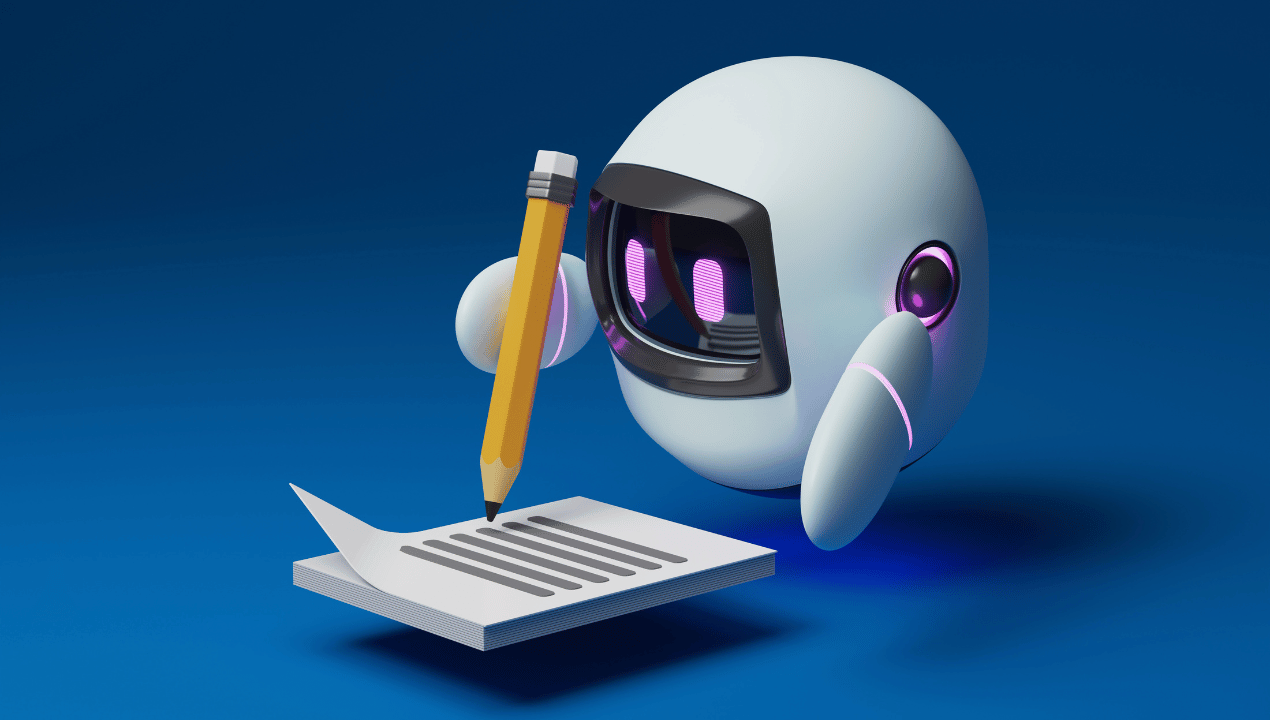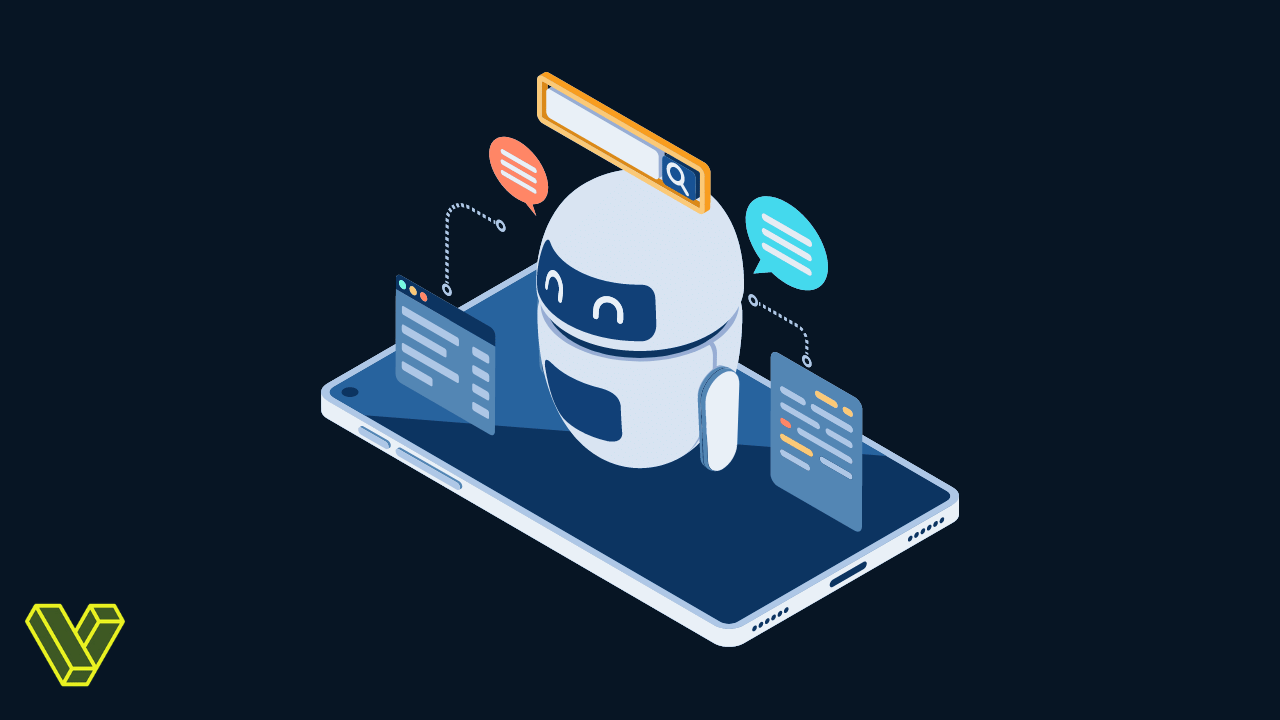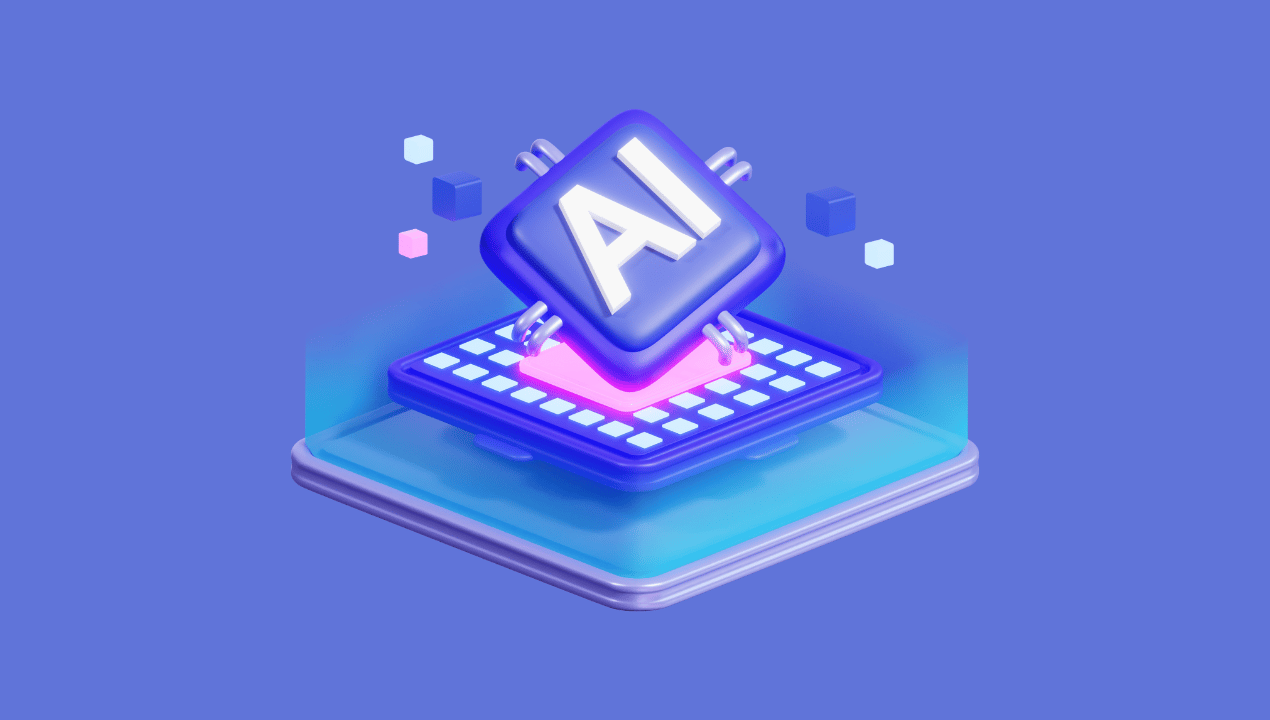In the ever-evolving landscape of the business world, integrating Artificial Intelligence (AI) into workflow processes stands as a beacon of innovation, driving efficiency and productivity to unprecedented heights. In this article, we’ll learn how Artificial Intelligence (AI) is maximizing productivity, increase results, and improve processes, and transforming business workflows.
The Advent of AI in Business Workflows: AI Maximizing Productivity
AI’s journey into the business sector is not just a leap but a quantum jump in technological advancement. By harnessing AI’s power, businesses can automate complex processes, analyze large datasets with incredible accuracy, and make decisions based on predictive analytics. This integration marks a significant shift from traditional methods, paving the way for more streamlined, efficient, and cost-effective operations. Furthermore, incorporating AI logo design into branding strategies can visually signify a commitment to innovation and cutting-edge technology, enhancing brand identity and recognition in the competitive market landscape.
Unleashing Productivity Through Automation
One of the most significant impacts of AI on business workflows is automation. Routine tasks, often prone to human error and time-consuming, can now be efficiently handled by AI algorithms. This automation ranges from simple tasks like data entry to more complex processes like supply chain management. By offloading these tasks to AI, employees can focus on more strategic and creative aspects of their work, thereby enhancing overall productivity.
Data Analytics: The Heartbeat of AI-Driven Workflows
In the age of big data, AI’s ability to process and analyze vast amounts of information is invaluable. AI systems can identify patterns, trends, and insights that would be impossible for humans to discern simultaneously. This level of analysis enables businesses to make informed decisions, predict market trends, and tailor their services to meet customer needs more effectively. Learn how Artificial Intelligence (AI) is maximizing productivity, increase results, improve processes, and transforming business workflows.
Enhancing Decision-Making with Predictive Analytics
Predictive analytics, a forte of AI, has transformed decision-making processes. By analyzing historical data, AI can predict future trends and outcomes, helping businesses to anticipate market changes, customer behavior, and potential risks. This foresight enables companies to be proactive rather than reactive, a key factor in maintaining a competitive edge.
Personalization: A New Paradigm in Customer Experience
AI has redefined customer engagement through personalization. AI can tailor experiences, recommendations, and services to individual preferences by analyzing customer data. This level of personalization not only enhances customer satisfaction but also fosters loyalty and long-term engagement. Learn how Artificial Intelligence (AI) is maximizing productivity, increase results, improve processes, and transforming business workflows.
Overcoming Challenges and Embracing AI Maximizing Productivity
While the benefits of AI in transforming business workflows are clear, its integration comes with challenges. Concerns around data privacy, the need for skilled personnel to manage AI systems, and the initial investment in technology are some hurdles businesses face. However, the long-term gains significantly outweigh these challenges, making AI an indispensable tool for modern businesses.
The Future of AI in Business: An Ongoing Evolution
The future of AI in business workflows is not just promising; it’s already unfolding. As AI technology continues to evolve, its capabilities will expand, leading to even more innovative applications in the business realm. Organizations that embrace this technology will find themselves at the forefront of their industries, reaping the benefits of increased efficiency, productivity, and competitiveness. Learn how Artificial Intelligence (AI) is maximizing productivity, increase results, improve processes, and transforming business workflows.
Real-world AIs Examples of AI Maximizing Productivity
- Healthcare – Diagnostic and Predictive Analytics:
- IBM Watson Health: This AI system is known for its ability to process and analyze vast amounts of medical data, including unstructured text, images, and clinical notes. It assists healthcare professionals in diagnosing diseases, such as cancer, more quickly and accurately.
- Google’s DeepMind Health: This AI application helps analyze medical images to detect diseases earlier and more accurately. DeepMind’s algorithms have been particularly successful in ophthalmology and oncology.
- Finance – Fraud Detection and Algorithmic Trading:
- AI in Fraud Detection: Banks and financial institutions use AI to detect fraudulent activities and unusual transactions. AI systems can analyze spending patterns and flag anomalies that could indicate fraud.
- Algorithmic Trading: AI algorithms can execute trades at the best possible prices, analyze market data, and implement trading strategies faster than human traders.
- Retail – Personalized Recommendations and Inventory Management:
- Amazon’s Recommendation Engine: This AI-powered system analyzes your past purchases, search history, and items in your cart to recommend products tailored to your preferences.
- AI in Inventory Management: AI helps predict inventory needs, manage stock levels efficiently, and reduce waste through better demand forecasting to use AI and boost business workflows.
- Automotive – Autonomous Vehicles:
- Tesla’s Autopilot: An advanced driver-assistance system using AI for lane centering, adaptive cruise control, and self-parking. It’s a step towards fully autonomous driving.
- Waymo: A project by Alphabet (Google’s parent company) focusing on developing self-driving technology. Waymo’s autonomous vehicles have been tested extensively across different environments.
- Manufacturing – Predictive Maintenance and Quality Control:
- Siemens and General Electric: These companies use AI in their manufacturing processes for predictive maintenance. AI algorithms predict when machines need maintenance, reducing downtime and increasing efficiency.
- AI in Quality Control: Advanced AI vision systems inspect and detect defects in manufactured products, improve accuracy, and reduce errors.
Extra Artificial Intelligence Usage
- Customer Service – Chatbots and Virtual Assistants:
- Chatbots: Many businesses use AI-powered chatbots on their websites to provide immediate customer service, answer FAQs, and guide users.
- Virtual Assistants: Siri by Apple, Alexa by Amazon, and Google Assistant are AI-driven virtual assistants that help users perform various tasks using voice commands.
- Agriculture – Crop Monitoring and Analysis:
- AI for Precision Farming: AI technologies are used to analyze satellite images and sensor data to monitor crop health and soil quality and optimize farm management practices.
- Education – Personalized Learning:
- AI in EdTech: Tools like Carnegie Learning and Content Technologies, Inc. use AI to provide personalized learning experiences and adapt educational content to each student’s learning pace and style.
Conclusion
The integration of AI into business workflows is not just a trend; it’s a transformative force reshaping the very fabric of how businesses operate. From automating mundane tasks to providing deep insights through data analytics, AI is an invaluable asset in maximizing productivity and efficiency. As we continue to explore and harness its potential, the possibilities for innovation and growth are limitless. Businesses that adapt and evolve with this technology will undoubtedly lead the charge into a new era of operational excellence.




